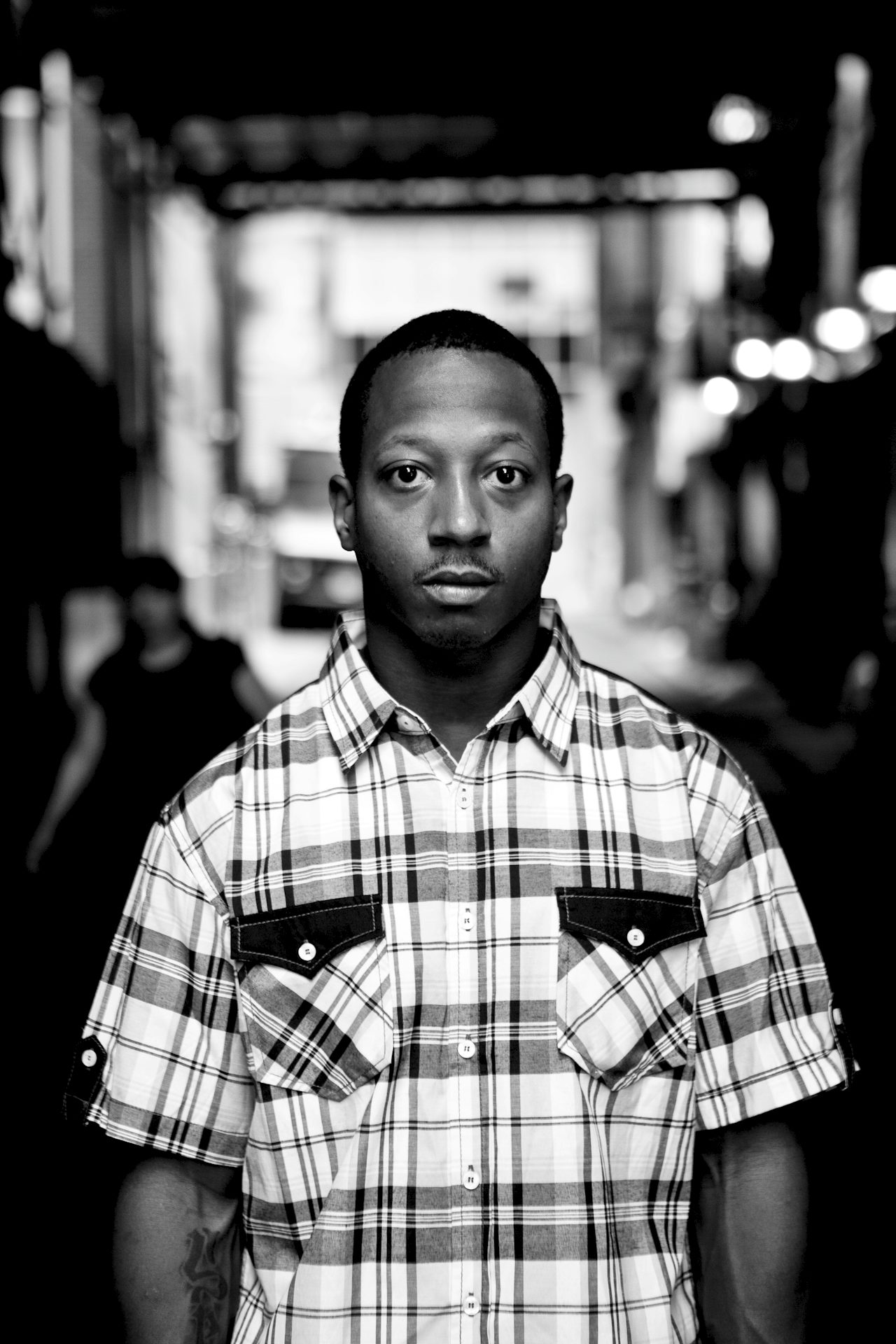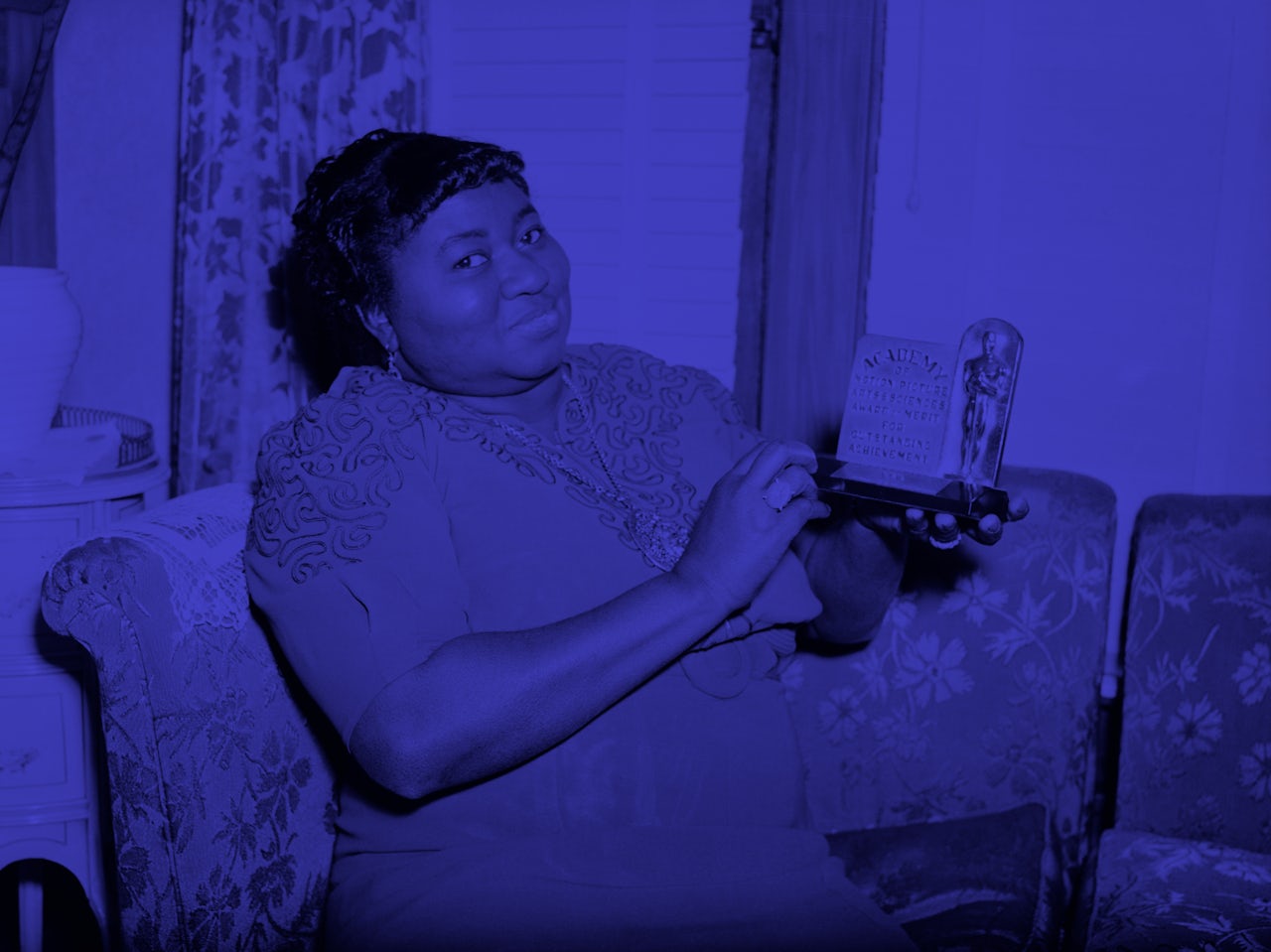Kalief Browder had a powerful voice. His deep rumble, infused with an identifiably Bronx accent, appeared in many TV and radio interviews after he was sent to Rikers as a teen for a crime he did not commit. We seldom hear from victims of the criminal justice system, and Browder had the unique opportunity to tell his story in his own words. In those interviews, he spoke calmly and deliberately, as if during the entirety of his three-year stint at Rikers — which included two years in solitary confinement — he was taking detailed mental notes of the torture he endured. In June 2015, after having been out for two years, Browder committed suicide, using a technique he’d contemplated while in prison. His ordeal helped spur incremental changes in the criminal justice system, such as President Obama’s measure to phase out the use of solitary confinement and the justice system’s reliance on private prisons, but those changes are already being threatened by the Trump administration. In the new six-part documentary Time: The Kalief Browder Story, which was executive produced by Jay Z and has been airing on Spike TV on Wednesdays, Browder’s is one of the first voices we hear. “I just need to get my story out,” he says, in the film’s opening scene, which features police footage from the night of his arrest. There’s a pained exasperation to him, even in the moments of the documentary when he’s smiling.
Time tells Browder’s story starting from his arrest at age 16. In vivid scenes featuring recreations, never-before-seen footage, and archival clips, the minutiae of his long ordeal unravel with devastating detail. Subtle b-roll — like a roving shot from inside the bail bondsman’s office where Browder’s $3,000 bail was blocked because he was on probation — makes the story hit home. Similarly, expert interviews from the likes of Van Jones, Al Sharpton, and Bill de Blasio focus on the central point that Kalief Browder, and the other inmates subjected to the horrors of Rikers, are human beings. In one segment, Jones describes Browder’s first brush with the law — an offense for joyriding in a bread truck — in the context of his age. He passionately makes the case that Browder’s behavior is typical among most teens, rebuking the now-familiar argument that black youth gunned down or mistreated by the police should have just “followed the rules.” This pleading for humanity permeates Time as it dissects each aspect of Browder’s predicament, from extreme poverty in the Bronx to the difficulty of swaying public opinion toward criminal justice reform.
Time is one in a number of recent documentaries charting the effects that systemic racism has on America’s black population. Another such film is Ava DuVernay’ 13th, released last year. The Netflix-produced documentary details how policies like mandatory minimums coupled with public opinion motivated by a rabid, irrational fear of crime effectively dehumanized an entire portion of the population. Like 13th, Time’s release has been accompanied by production company Q&As and press partnerships around the issue of prison reform; a town hall with the filmmakers will follow. Another documentary, PBS’s Against All Odds, premiered this week as part of the network’s Chasing the Dream series. It features New York Times journalist Bob Herbert and asks whether or not African-Americans have a fair shot at the American dream. Using stirring archival footage and emotional interviews with figures like Rep. John Lewis, Herbert illustrates the lingering effects of America’s systematic brutality on keeping African-Americans out of the middle class. Starting with the rarely told history of white rioting that prevented blacks from even attempting to own homes near whites, the documentary makes plain the reality of America’s underlying white supremacy. In each of these films, the same pleading for humanity is felt. The failure to reconcile that truth, alongside willfully destructive practices like unfair prison sentences or predatory loans, defines our current moment.
The overarching stories told in these well-produced films are as old as racism. Thinkers have long described, eloquently and in detail, how disgraceful America’s treatment of black people is and has been. The writer James Baldwin, who is the subject of yet another recent film about the black condition in America, Raoul Peck’s I Am Not Your Negro, wrote often about the inherent brutality of America’s racist systems; his work, published in some of the most influential magazines of the day, continues to ring true. Michelle Alexander, who is interviewed in both 13th and Time, wrote The New Jim Crow, a bestselling book that carefully walks through the horrors of mass incarceration and warns against its lasting legacy.
The overarching stories told in these well-produced films are as old as racism.
Attorney General Jeff Sessions, once a staunch segregationist, has pledged his support for the private prison industry. The alt-right, however fringe it may seem, has managed to tap into America’s racial animus with pseudo-intellectual explanations of crime that place the blame inherently on blackness. The president’s chief advisor is an avid admirer of open racists. None of these facts are surprising, either. To live as a black person in America is to know, better than anyone else, just how much white people hate you.
That’s why it can be demoralizing to watch films that attempt to explain the presence of white supremacy. America is built on white supremacy, and its tentacles are wrapped around the very heart of the country. It is easy, and frankly tempting, to watch a series like Time and feel a glimmer of hope. To think that because it is being broadcast on a major TV network and has the backing of famous, influential people, that millions of Americans will finally see how destructive and pernicious systemic racism is in this country. That something will finally be done. But that has never been true.
Of course, we shouldn’t stop telling important stories just because we’ve heard them before, or because change is painfully slow. Attitudes can shift, and the success of films like 13th point to a growing acceptance of the conversation. But there’s an undeniable despair in crafting the narratives that these films tell. They aren’t scientific documentaries illuminating new discoveries, but painful efforts to tell a story that has been repressed generation after generation. In one scene from Against All Odds, Bob Herbert, after describing how debilitating subtle forms of racism are on the black community, illustrates the never-ending predicament of these types of documentaries: “This is something that needs to be fought against hard and relentlessly, and I don’t think it’s been fought nearly hard enough.”
A point that appears to dog Browder throughout Time is the fact that his horrible ordeal at Rikers even happened. “It’s not right,” he says multiple times throughout the film. Shedding light on stories like his will always be necessary for precisely the reason hope seems so futile: Those in power know the impact of America’s systems, and they don’t appear interested in making meaningful changes, ever.

